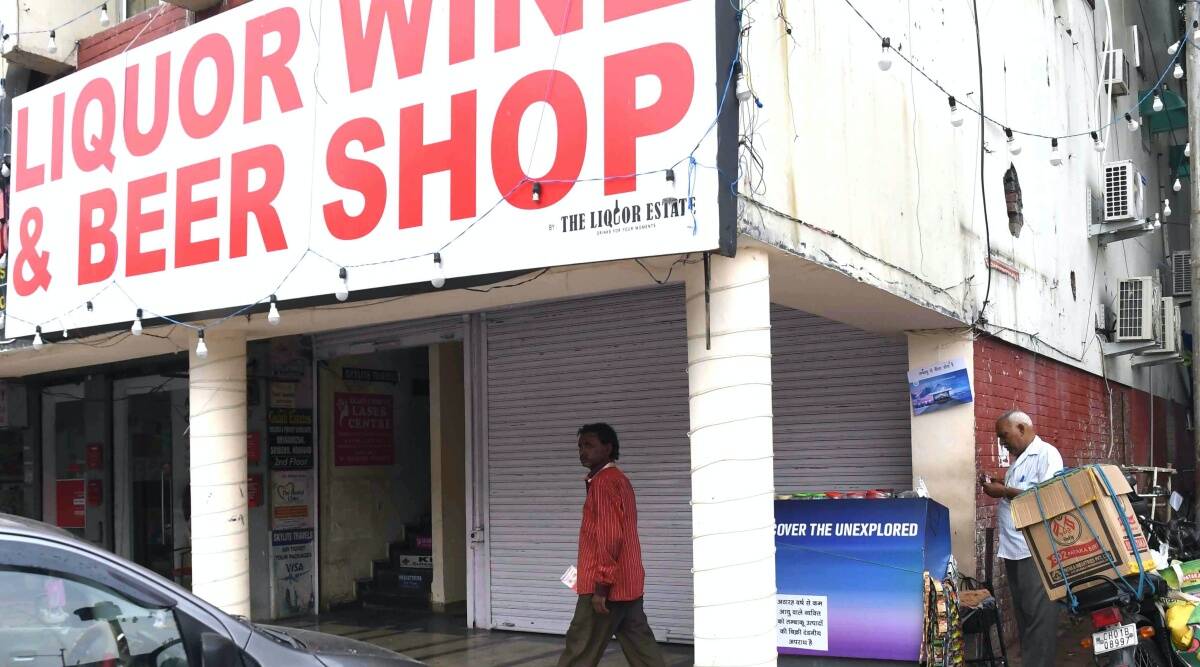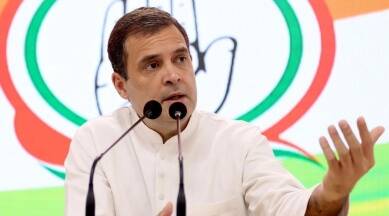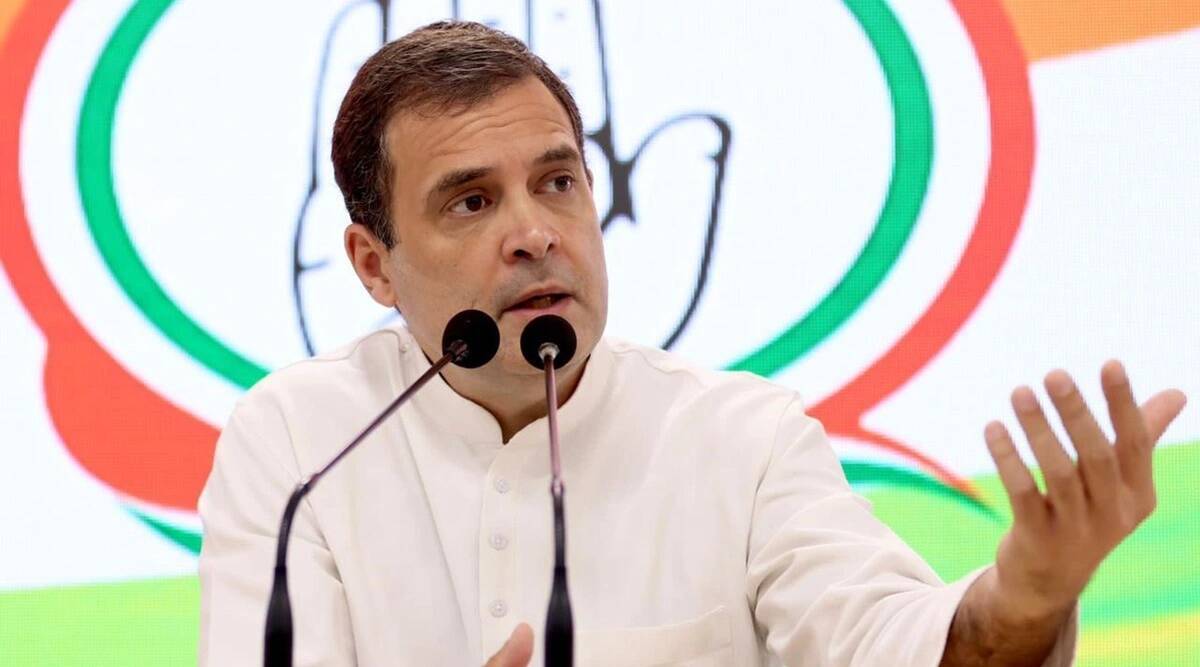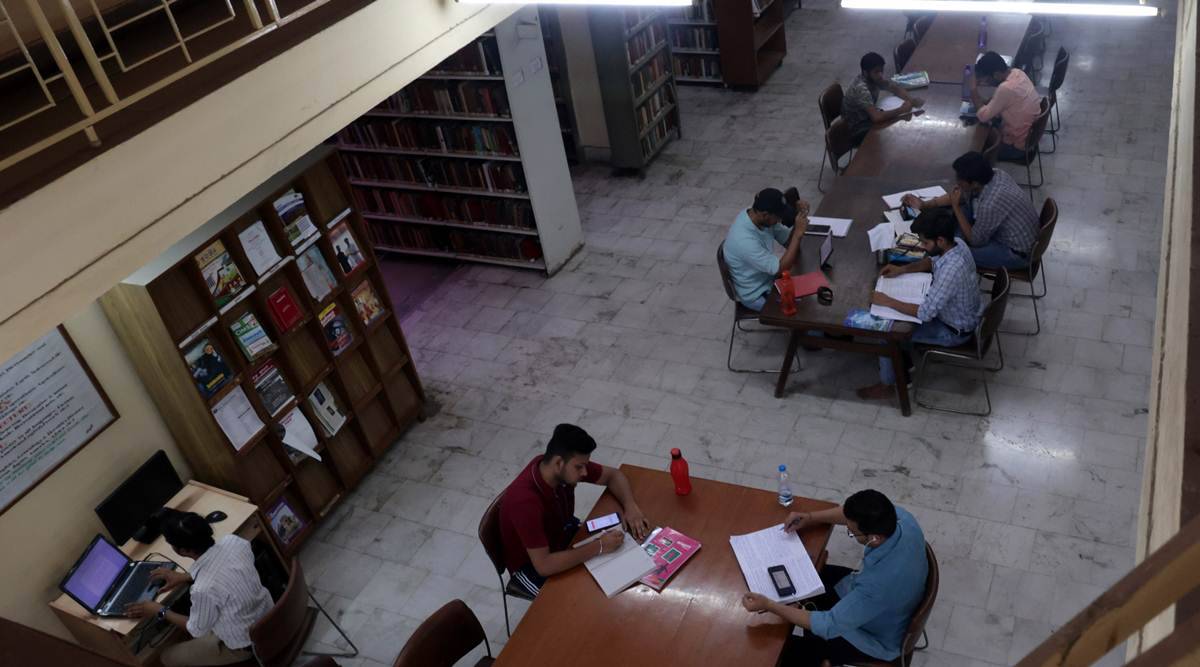From Thursday onward, only government-run liquor shops will be open in Delhi for a period of at least six months. The Excise Department is soon coming up with a new app—mAbkariDelhi—to provide customers with liquor-related information.
What changes from today:
300 shops will open in Delhi from Thursday and the 250 shops being run by private players will be shut.
All discounts and offers—buy one, get one free, two-plus-three on MRP of liquor price—will be discontinued and the dry days in the national capital will once again go up from 3 to 21.
Shops at the Delhi airport will remain shut for another few weeks as procedural requirements are still pending.
Once the Excise Department app goes live, one can check the availability of various brands of liquor in Delhi, the list of retail vends with its locality, information about dry days, and a bottle scanner tool to check the genuineness of liquor. The app will be available in both English and Hindi.
By the end of the first seven days, as many as 500 shops will be functional across the city. The price will not increase but may slightly come down as the existing import fee of Rs 45 per nine bottles, 1 per cent VAT and 1 per cent retail fee will go.
By December end, 200 more shops will open including in the airport area, NDMC zone and Delhi Cantonment area. Besides, six to eight premium vends for selling foreign liquor brands will open in malls and shopping complexes in September, and there will be 12 more by the end of this year. In total, Delhi will have 700 liquor shops by the end of 2022.
!function(f,b,e,v,n,t,s)
{if(f.fbq)return;n=f.fbq=function(){n.callMethod?
n.callMethod.apply(n,arguments):n.queue.push(arguments)};
if(!f._fbq)f._fbq=n;n.push=n;n.loaded=!0;n.version=’2.0′;
n.queue=[];t=b.createElement(e);t.async=!0;
t.src=v;s=b.getElementsByTagName(e)[0];
s.parentNode.insertBefore(t,s)}(window, document,’script’,
‘https://connect.facebook.net/en_US/fbevents.js’);
fbq(‘init’, ‘444470064056909’);
fbq(‘track’, ‘PageView’);
.











